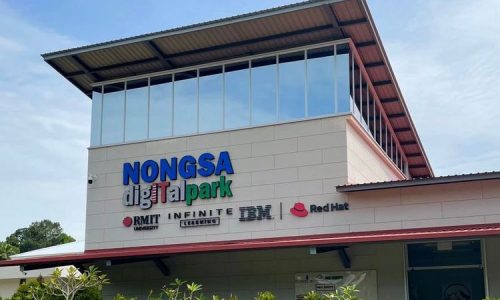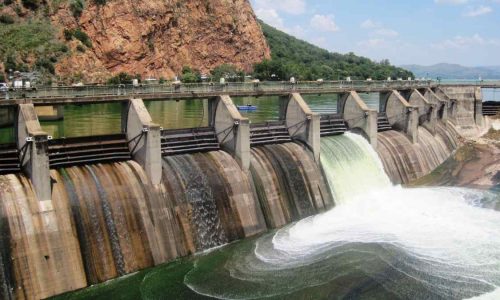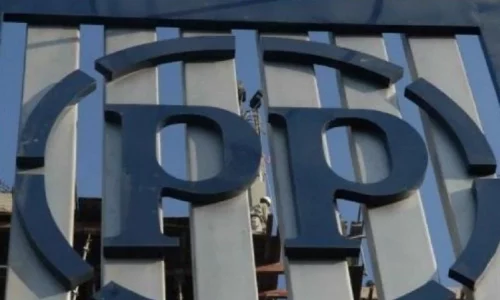The government’s subsidy program for electric vehicles (EV) has faced criticism from multiple parties in the House of Representatives (DPR).
Among the parties expressing their concerns were the Indonesian Democratic Party of Struggle (PDI-P), the National Democratic Party (NasDem), The National Mandate Party (PAN), the Democratic Party, and the Prosperous Justice Party (PKS).
The opposing parties claimed that the subsidy program is impractical, and that the fund could better allocated elsewhere to promote other industrial sectors of greater importance for society.
Critics argue that the EV subsidy budget could have been used for eco-friendly energy infrastructure, mass transportation, or to increase fertilizer subsidies.
The criticism from these parties underscores the ongoing debate on the government’s emphasis on the EV industry and allocation of funds to crucial sectors.
Further deliberations on the subsidy program’s effectiveness and its potential impact on the overall economy are expected.
“We hope that the government will prioritize building economic equality, alleviating poverty, and strengthening the agriculture, fisheries, and food sectors instead of providing subsidies for electric vehicles,” Fauzi Amro, a member if the House of Representatives stated on May 23, 2023.
EV production is still low
As of now, the government has allocated IDR 7 trillion to incentivize 1 million EV in 2023 and 2024.
PT Surveyor Indonesia reported that the EV subsidy program has failed to benefit the public, as only two out of 114 approved customers received vehicle registration certificates (STNK), falling significantly short of the government’s target of 200,000 units by year-end.
Even without subsidies, the EV motorbike is still cheaper than conventional one. EV motorbikes receive subsidies up to IDR 10-20 million. Conventional motorbikes receive IDR 17-50 million in subsidies.
Although it is cheaper than conventional motorbikes, people’s interest in buying EV motorbikes is still low.
This is due to the comparable cost of batteries to subsidized motorbikes, which need replacement every five years.
Last year, sales for EV motorbikes reached 10,182 units, and still far from conventional motorbikes that reached 5.2 million units.
Despite the low sales. Electric cars saw a surge in demand despite being more expensive compared to conventional cars.
regardless of the criticisms, the government is expected to continue with the program to bolster the entire EV industry and mitigate carbon emissions.









